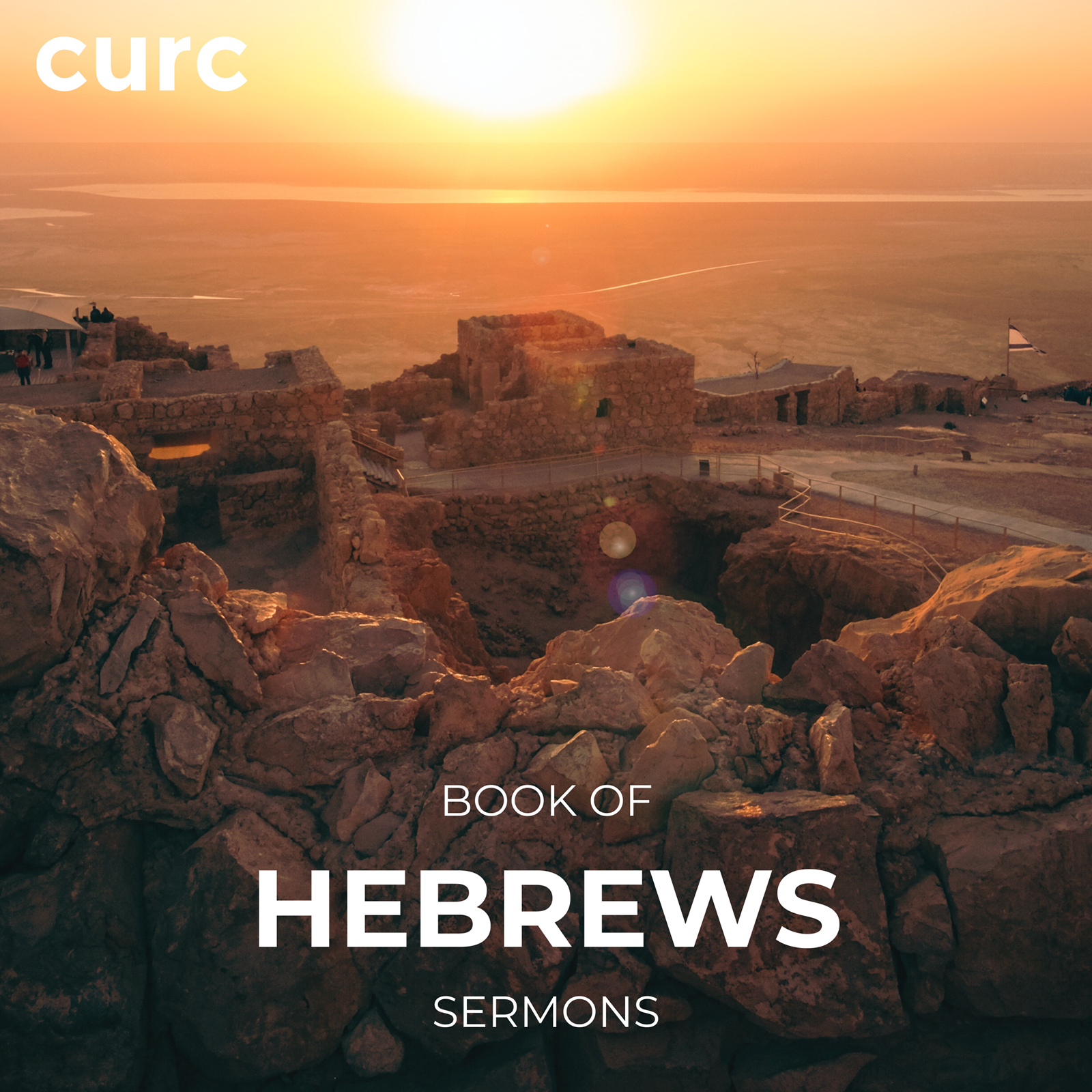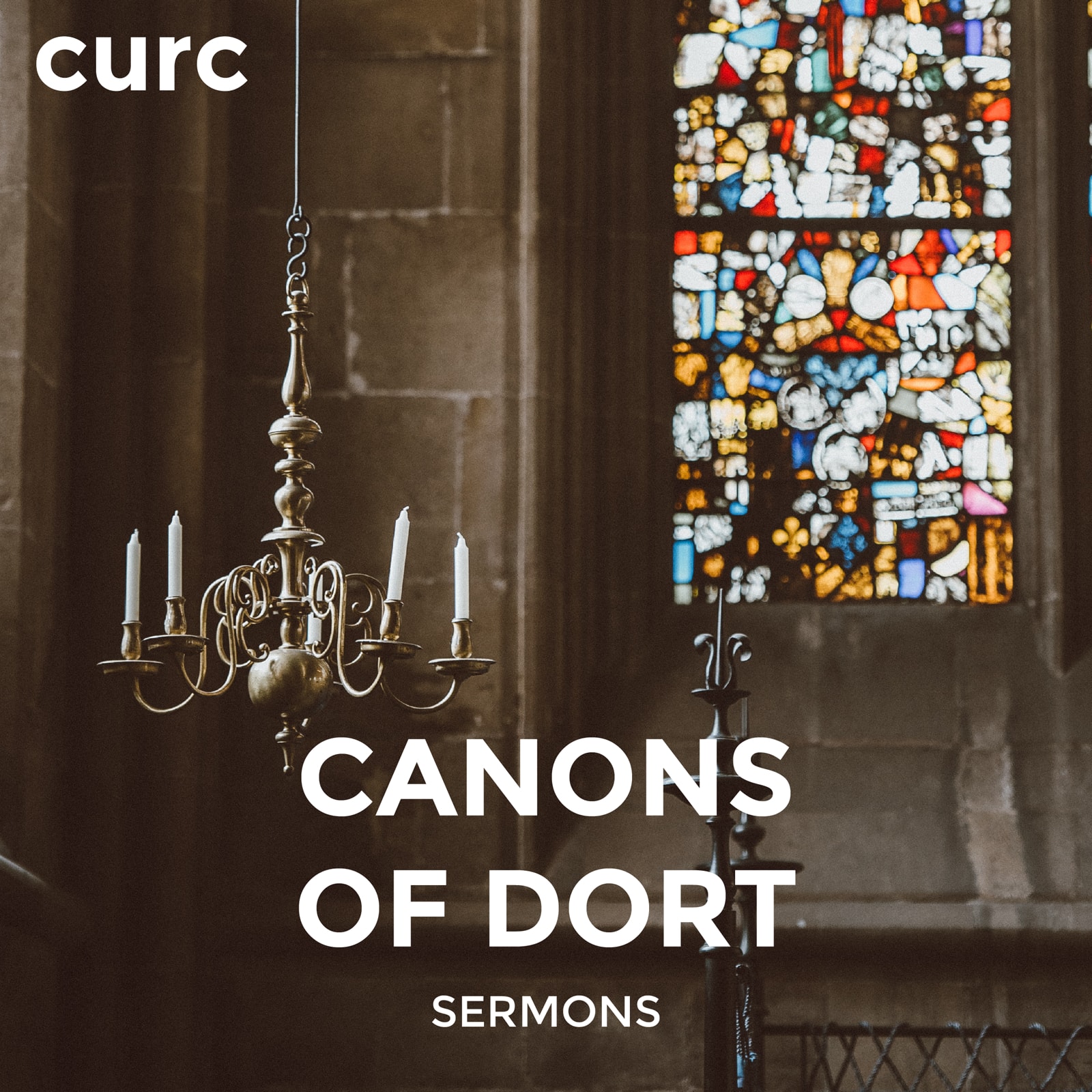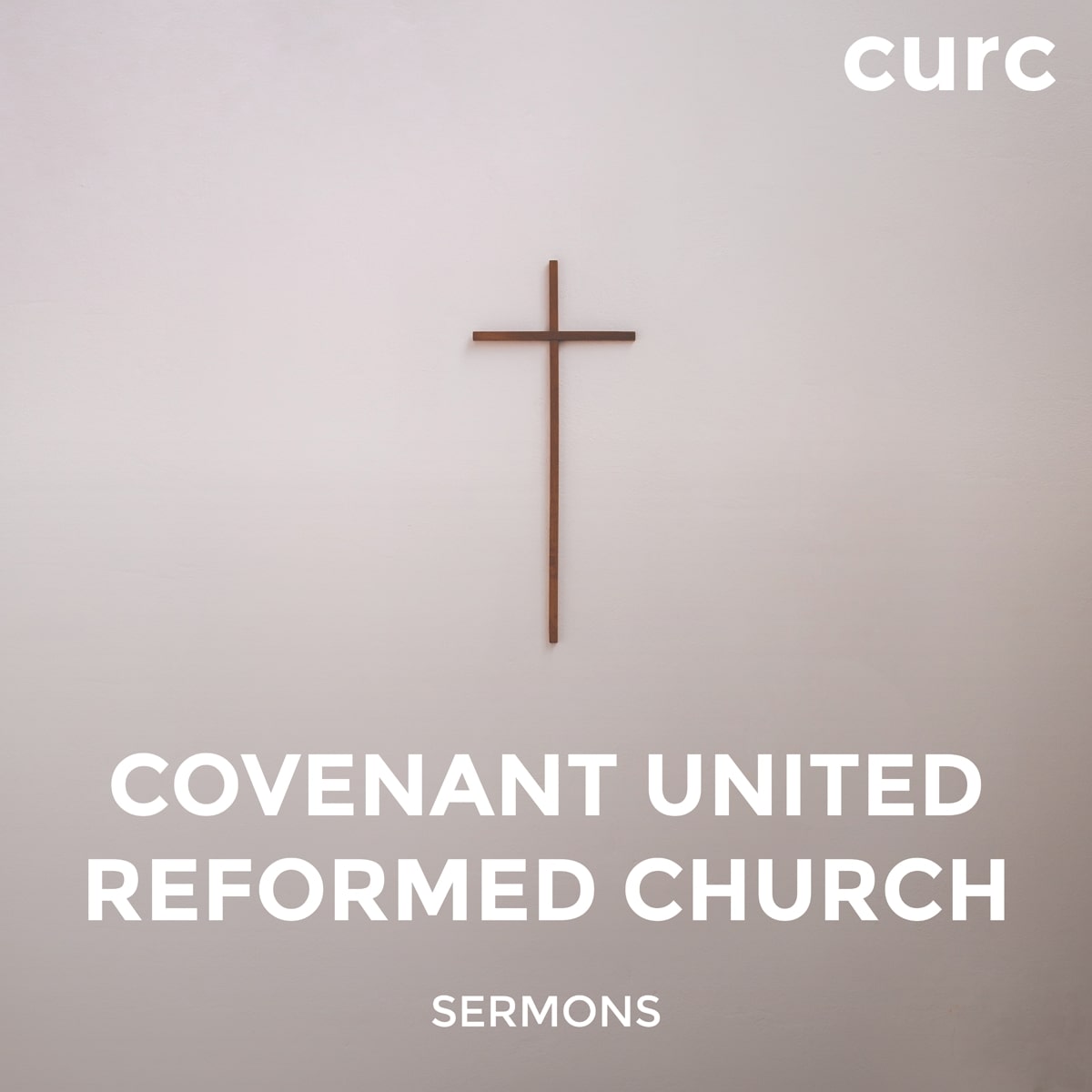Podcast: Play in new window | Download
Subscribe: RSS
Sanctification: The Application of Christ’s Cross & Resurrection to Our Hearts
Confession: Belgic Confession, Article 24
Scripture: 1 Corinthians 1:30-31, Romans 6
Sermon Outline
Introduction,
I. Sanctification Joined to but Separate from Justification
II. Sanctification NOT Morality
III. Sanctification: Past-Present-Future
A. Definitive
B. Progressive
C. Consummative
IV. Means
V. Who Gets the Credit?
Conclusion
Belgic Confession
Article 24 – Mans Sanctification and Good Works
We believe that this true faith, being wrought in man by the hearing of the Word of God and the operation of the Holy Spirit, regenerates him and makes him a new man, causing him to live a new life, and freeing him from the bondage of sin. Therefore it is so far from being true that this justifying faith makes men remiss in a pious and holy life, that on the contrary without it they would never do anything out of love to God, but only out of self-love or fear of damnation. Therefore it is impossible that this holy faith can be unfruitful in man; for we do not speak of a vain faith, but of such a faith which is called in Scripture a faith working through love, which excites man to the practice of those works which God has commanded in His Word.
These works, as they proceed from the good root of faith, are good and acceptable in the sight of God, forasmuch as they are all sanctified by His grace. Nevertheless they are of no account towards our justification, for it is by faith in Christ that we are justified, even before we do good works; otherwise they could not be good works, any more than the fruit of a tree can be good before the tree itself is good.
Therefore we do good works, but not to merit by them (for what can we merit?); nay, we are indebted to God for the good works we do, and not He to us, since it is He who worketh in us both to will and to work, for his good pleasure. Let us therefore attend to what is written: When ye shall have done all the things that are commanded you, say, We are unprofitable servants; we have done that which it was our duty to do. In the meantime we do not deny that God rewards good works, but it is through His grace that He crowns His gifts.
Moreover, though we do good works, we do not found our salvation upon them; for we can do no work but what is polluted by our flesh, and also punishable; and although we could perform such works, still the remembrance of one sin is sufficient to make God reject them. Thus, then, we would always be in doubt, tossed to and fro without any certainty, and our poor consciences would be continually vexed if they relied not on the merits of the suffering and death of our Savior.
1 Corinthians 1:30-31
30 And because of him you are in Christ Jesus, who became to us wisdom from God, righteousness and sanctification and redemption, 31 so that, as it is written, “Let the one who boasts, boast in the Lord.”
Romans 6
1 What shall we say then? Are we to continue in sin that grace may abound? 2 By no means! How can we who died to sin still live in it? 3 Do you not know that all of us who have been baptized into Christ Jesus were baptized into his death? 4 We were buried therefore with him by baptism into death, in order that, just as Christ was raised from the dead by the glory of the Father, we too might walk in newness of life. 5 For if we have been united with him in a death like his, we shall certainly be united with him in a resurrection like his. 6 We know that our old self was crucified with him in order that the body of sin might be brought to nothing, so that we would no longer be enslaved to sin. 7 For one who has died has been set free from sin. 8 Now if we have died with Christ, we believe that we will also live with him. 9 We know that Christ, being raised from the dead, will never die again; death no longer has dominion over him. 10 For the death he died he died to sin, once for all, but the life he lives he lives to God. 11 So you also must consider yourselves dead to sin and alive to God in Christ Jesus. 12 Let not sin therefore reign in your mortal body, to make you obey its passions. 13 Do not present your members to sin as instruments for unrighteousness, but present yourselves to God as those who have been brought from death to life, and your members to God as instruments for righteousness. 14 For sin will have no dominion over you, since you are not under law but under grace. 15 What then? Are we to sin because we are not under law but under grace? By no means! 16 Do you not know that if you present yourselves to anyone as obedient slaves, you are slaves of the one whom you obey, either of sin, which leads to death, or of obedience, which leads to righteousness? 17 But thanks be to God, that you who were once slaves of sin have become obedient from the heart to the standard of teaching to which you were committed, 18 and, having been set free from sin, have become slaves of righteousness. 19 I am speaking in human terms, because of your natural limitations. For just as you once presented your members as slaves to impurity and to lawlessness leading to more lawlessness, so now present your members as slaves to righteousness leading to sanctification. 20 For when you were slaves of sin, you were free in regard to righteousness. 21 But what fruit were you getting at that time from the things of which you are now ashamed? For the end of those things is death. 22 But now that you have been set free from sin and have become slaves of God, the fruit you get leads to sanctification and its end, eternal life. 23 For the wages of sin is death, but the free gift of God is eternal life in Christ Jesus our Lord.
— Additional Reading —
Westminster Larger Catechism
Q75. What is sanctification?
A. Sanctification is a work of God’s grace, whereby they whom
God hath, before the foundation of the world, chosen to be
holy, are in time, through the powerful operation of his Spirit
applying the death and resurrection of Christ unto them,
renewed in their whole man after the image of God; having the
seeds of repentance unto life, and all other saving graces, put into
their hearts, and those graces so stirred up, increased, and
strengthened, as that they more and more die unto sin, and rise
unto newness of life.
Q77. Wherein do justification and sanctification differ?
A. Although sanctification be inseparably joined with justification,
yet they differ, in that God in justification imputeth the
righteousness of Christ; in sanctification his Spirit infuseth grace,
and enableth to the exercise thereof; in the former, sin is
pardoned; in the other, it is subdued: the one doth equally free
all believers from the revenging wrath of God, and that perfectly
in this life, that they never fall into condemnation; the other is
neither equal in all, nor in this life perfect in any, but growing up
to perfection.
The Westminster Confession of Faith
Chapter XIII – Of Sanctification
I. They, who are once effectually called, and regenerated, having a new heart, and a new spirit created in them, are further sanctified, really and personally, through the virtue of Christ’s death and resurrection, by His Word and Spirit dwelling in them: the dominion of the whole body of sin is destroyed, and the several lusts thereof are more and more weakened and mortified; and they more and more quickened and strengthened in all saving graces, to the practice of true holiness, without which no man shall see the Lord.
II. This sanctification is throughout, in the whole man; yet imperfect in this life, there abiding still some remnants of corruption in every part; whence arises a continual and irreconcilable war, the flesh lusting against the Spirit, and the Spirit against the flesh.
III. In which war, although the remaining corruption, for a time, may much prevail; yet, through the continual supply of strength from the sanctifying Spirit of Christ, the regenerate part does overcome; and so, the saints grow in grace, perfecting holiness in the fear of God.
Web Site – http://www.fresnourc.com
Facebook Page – https://www.facebook.com/fresnourc
YouTube – http://www.youtube.com/user/fresnocurc
iTunes – https://itunes.apple.com/us/podcast/covenant-urcs/id373736493?mt=2



